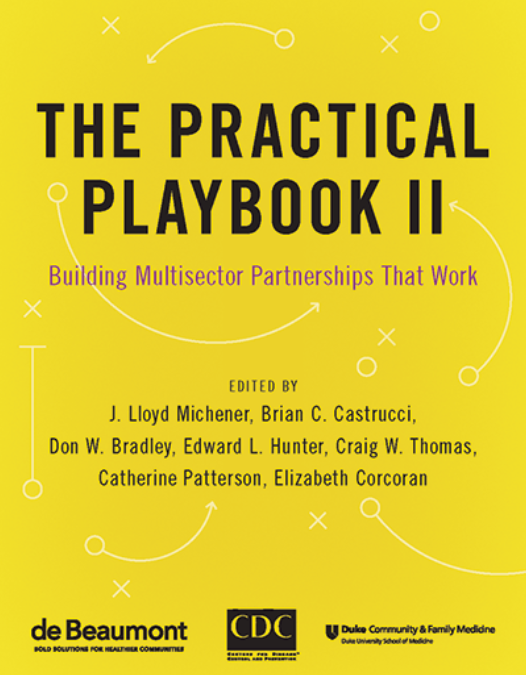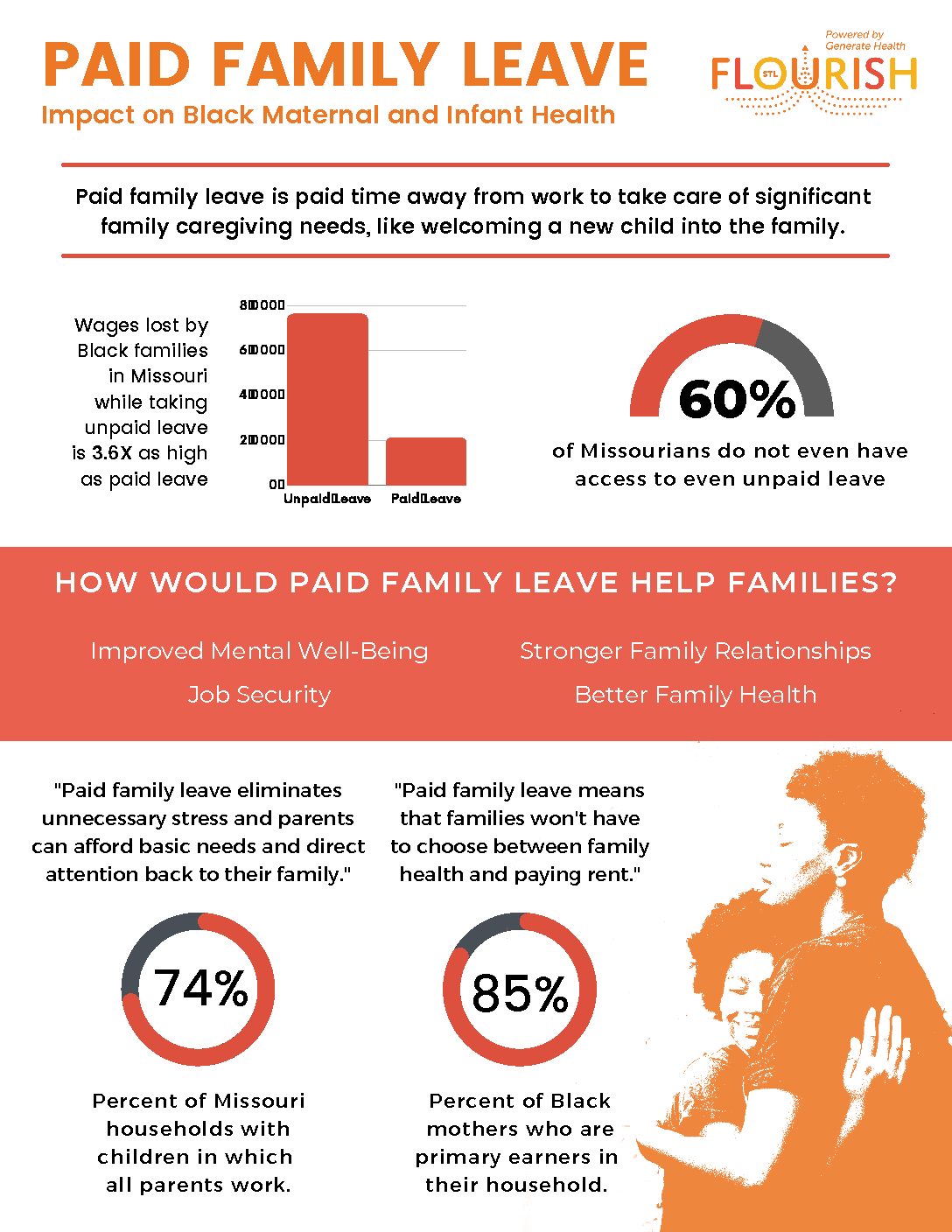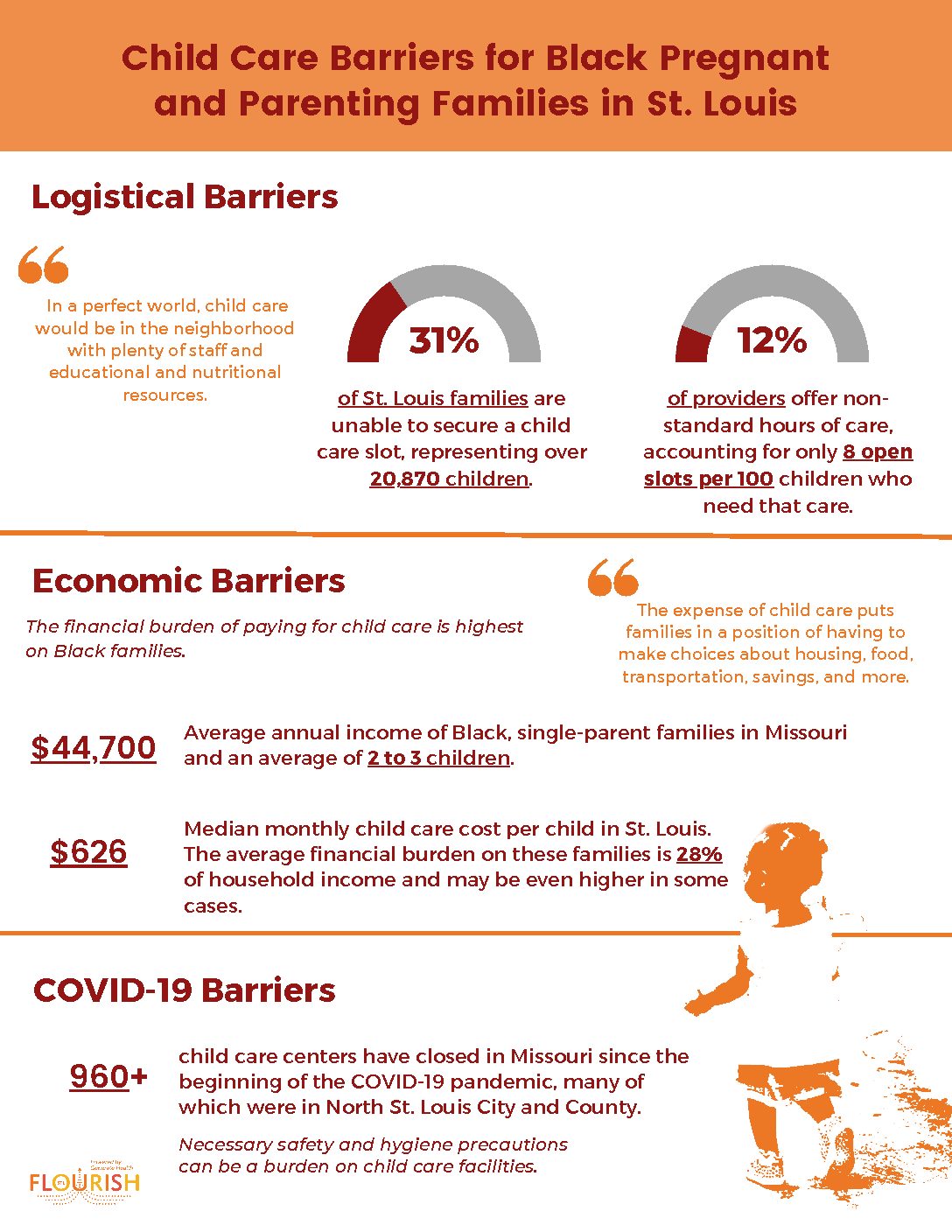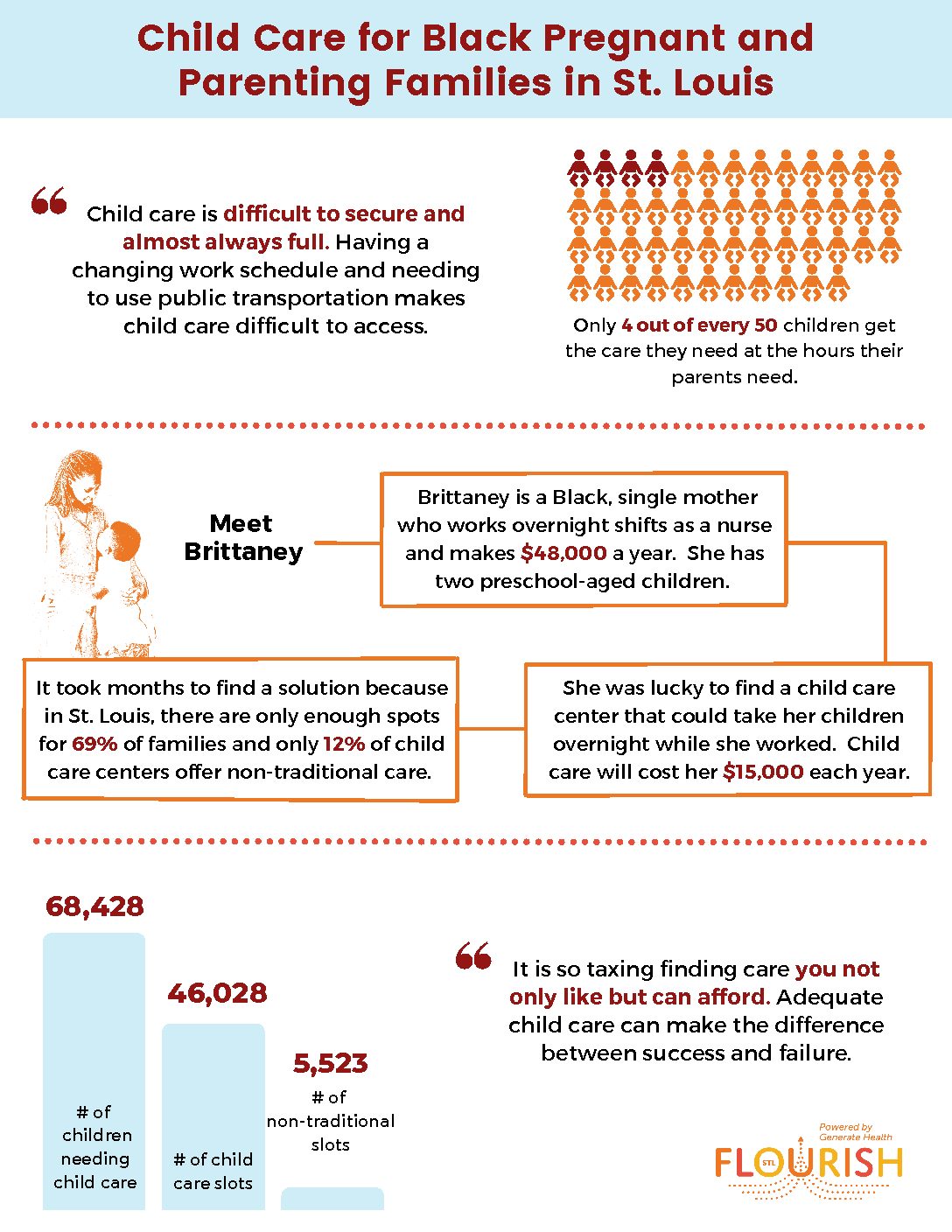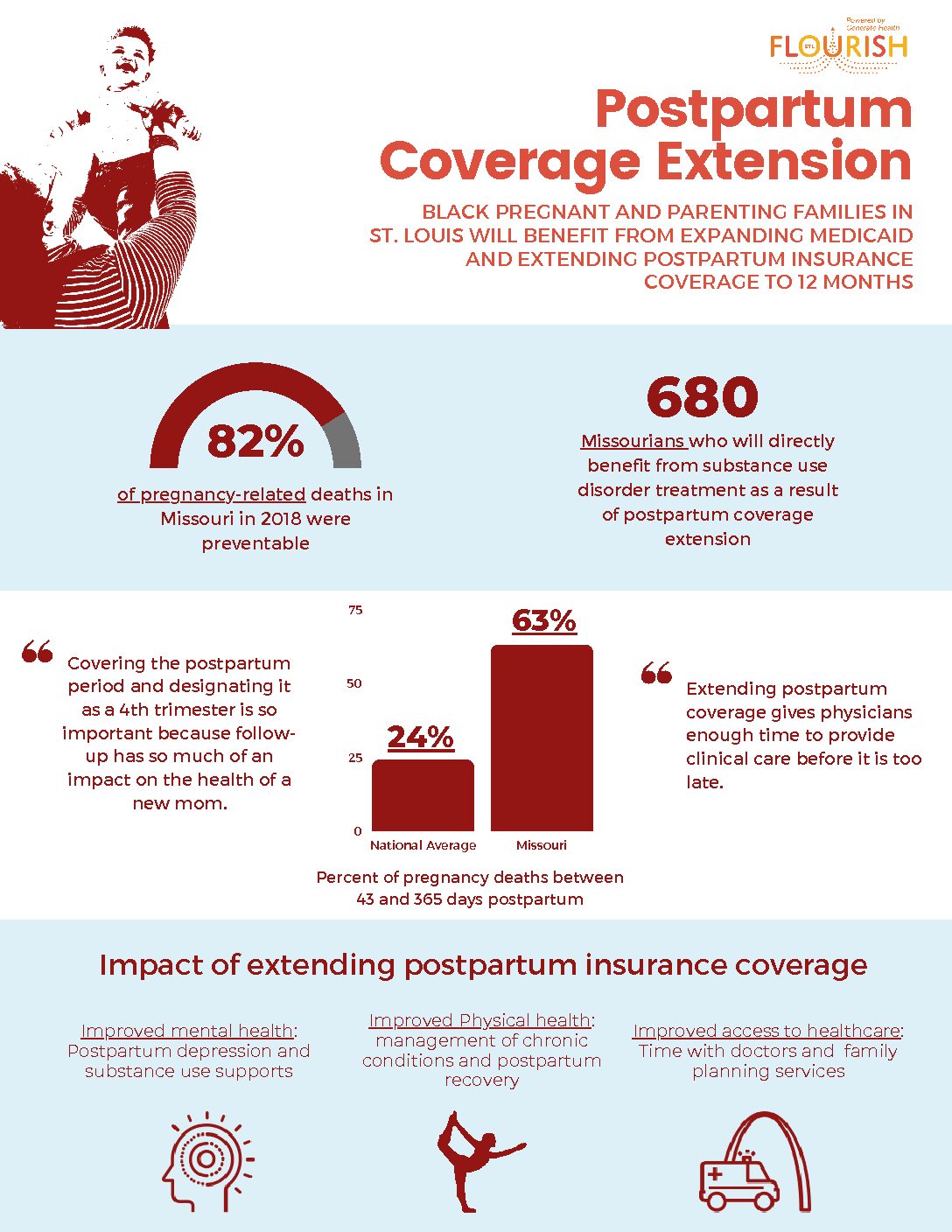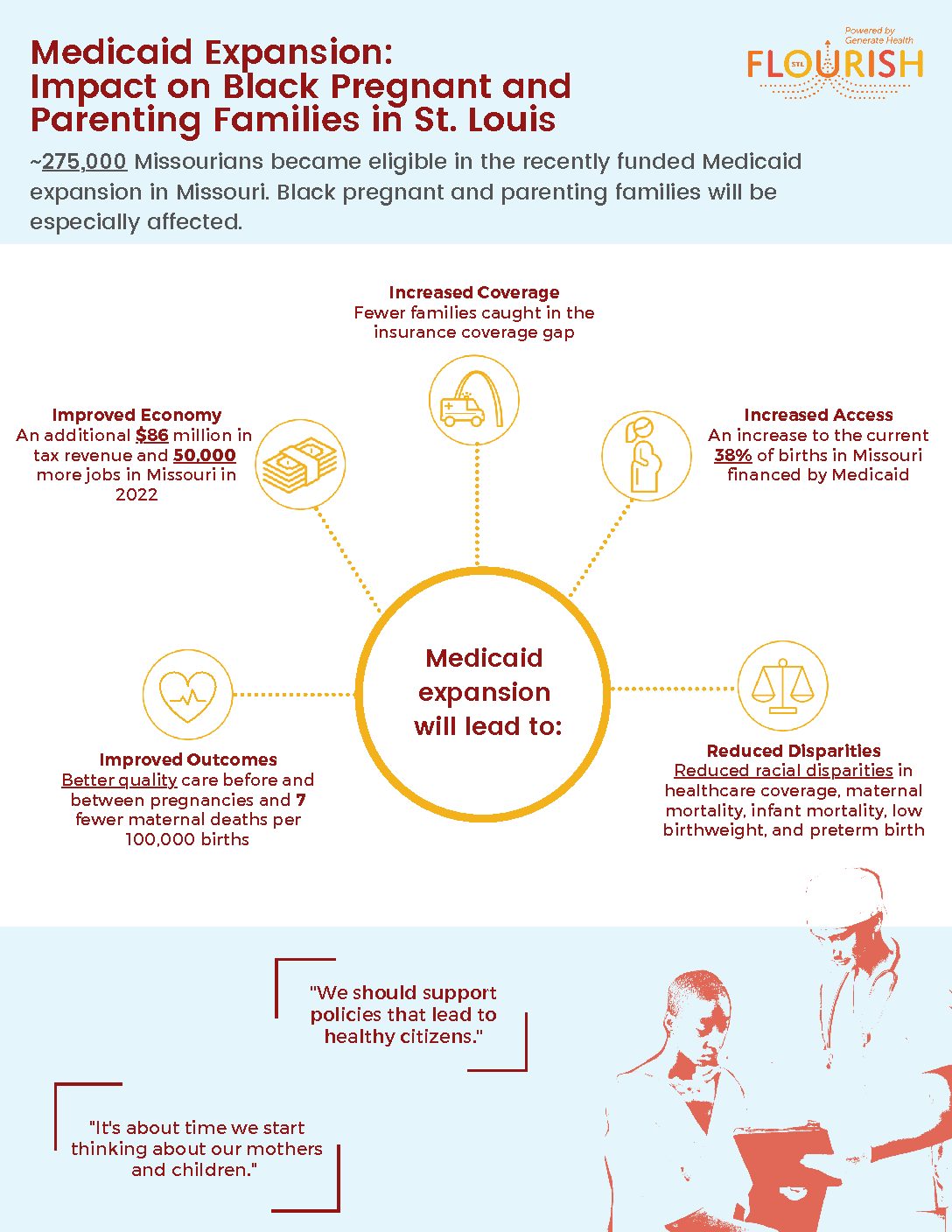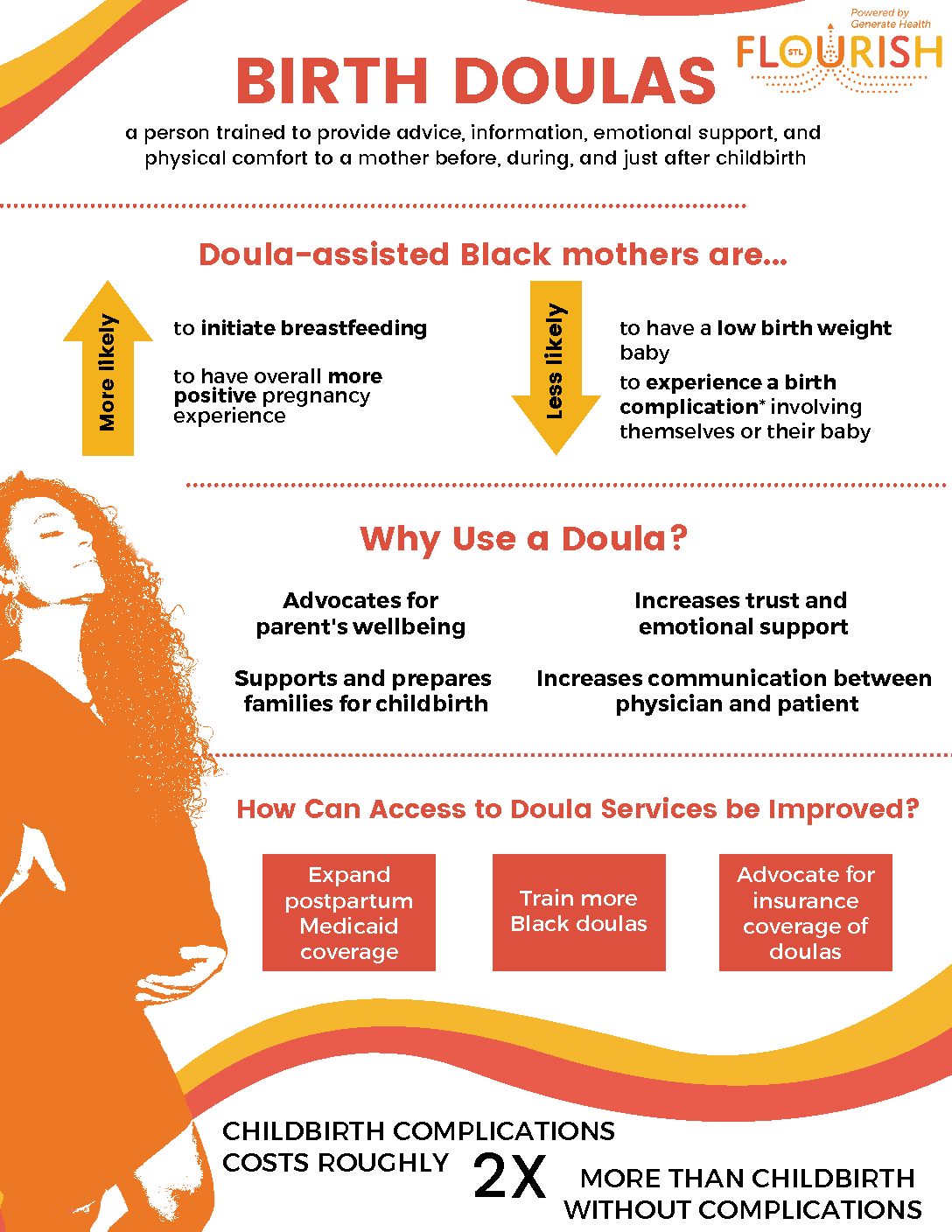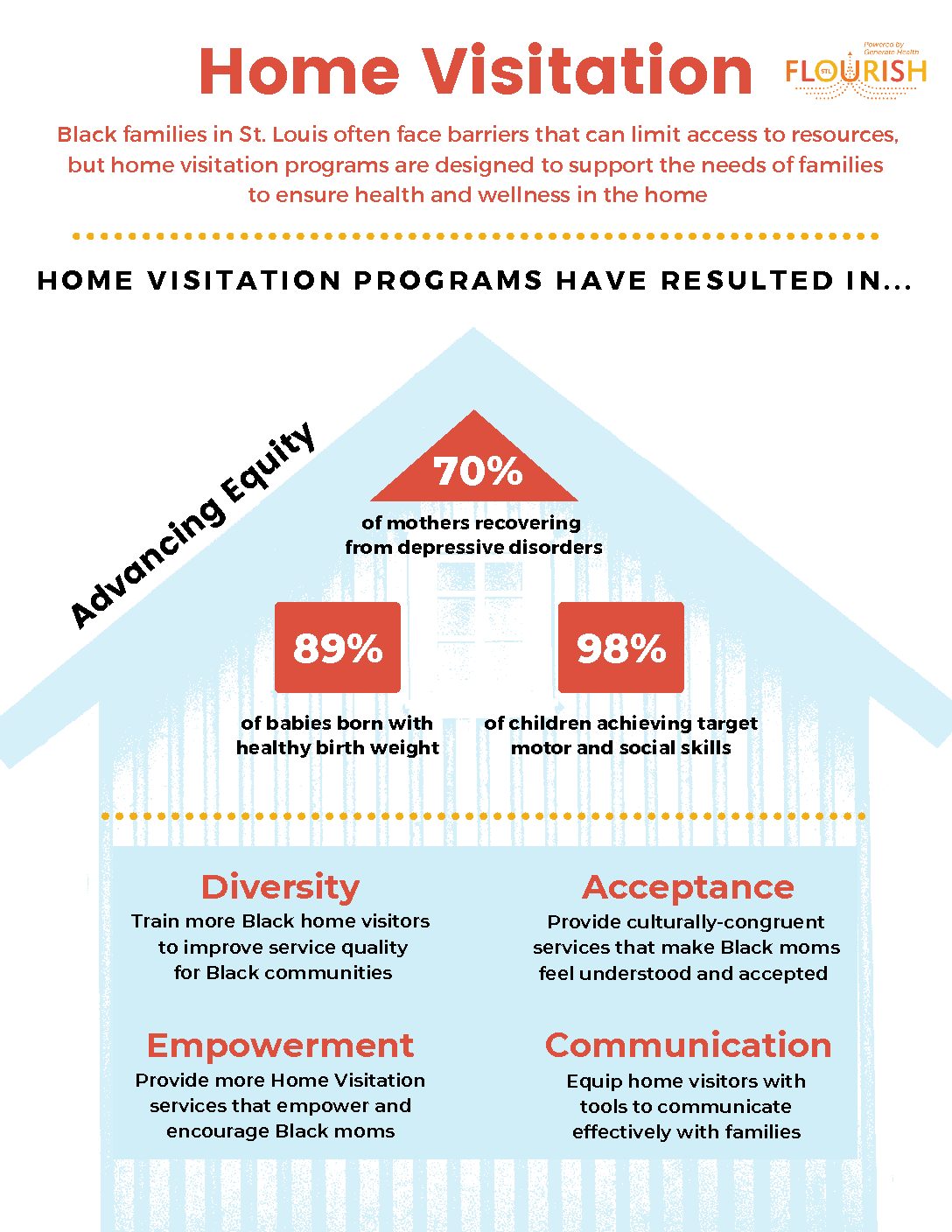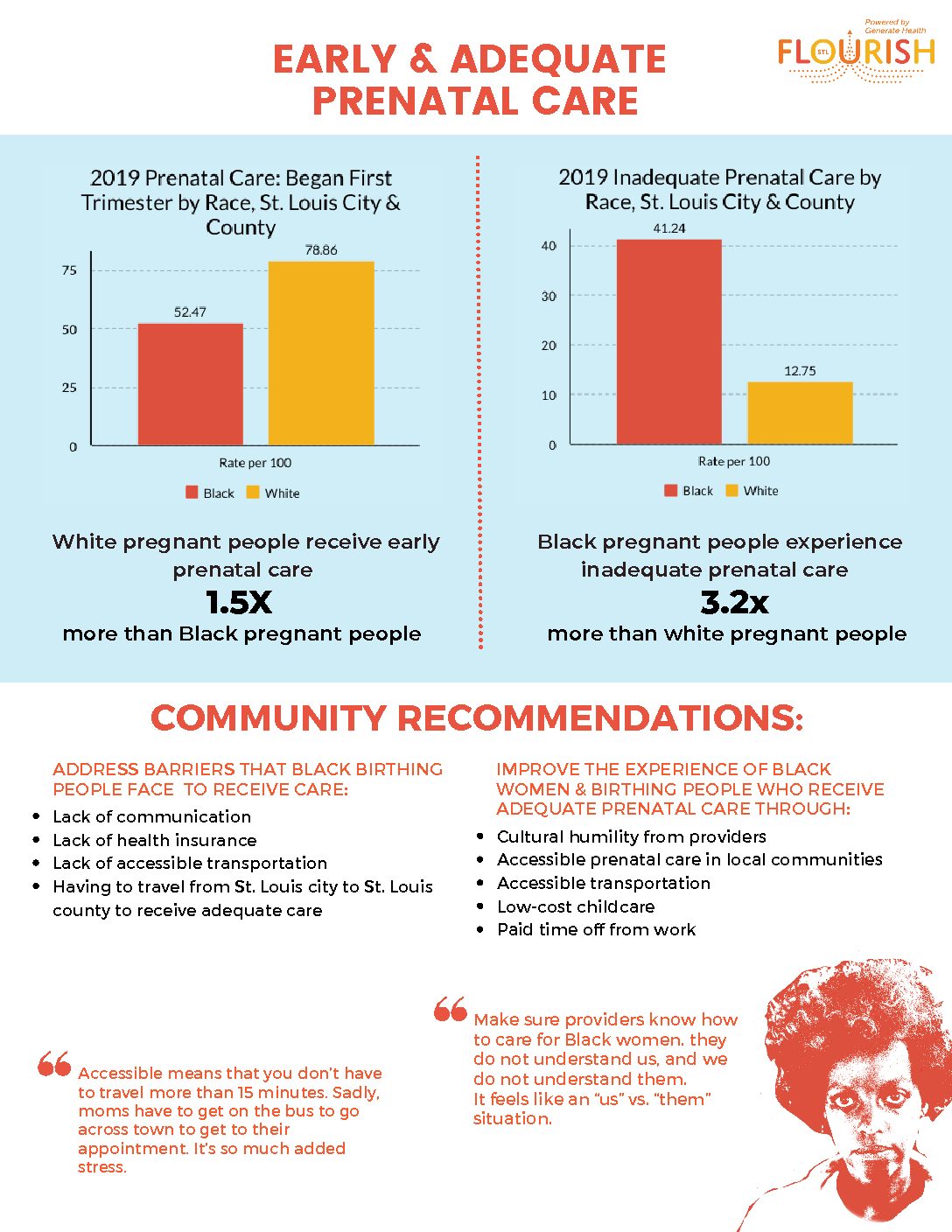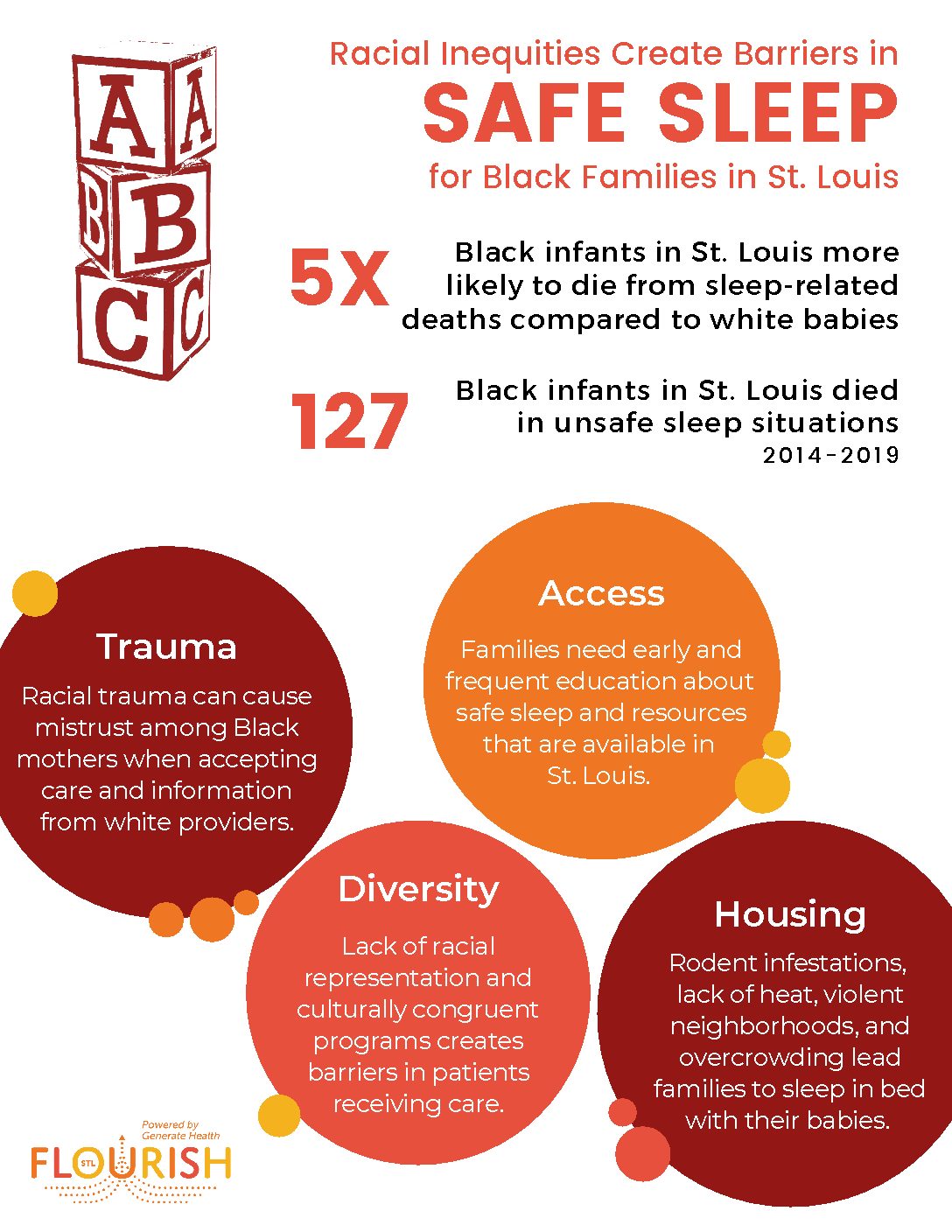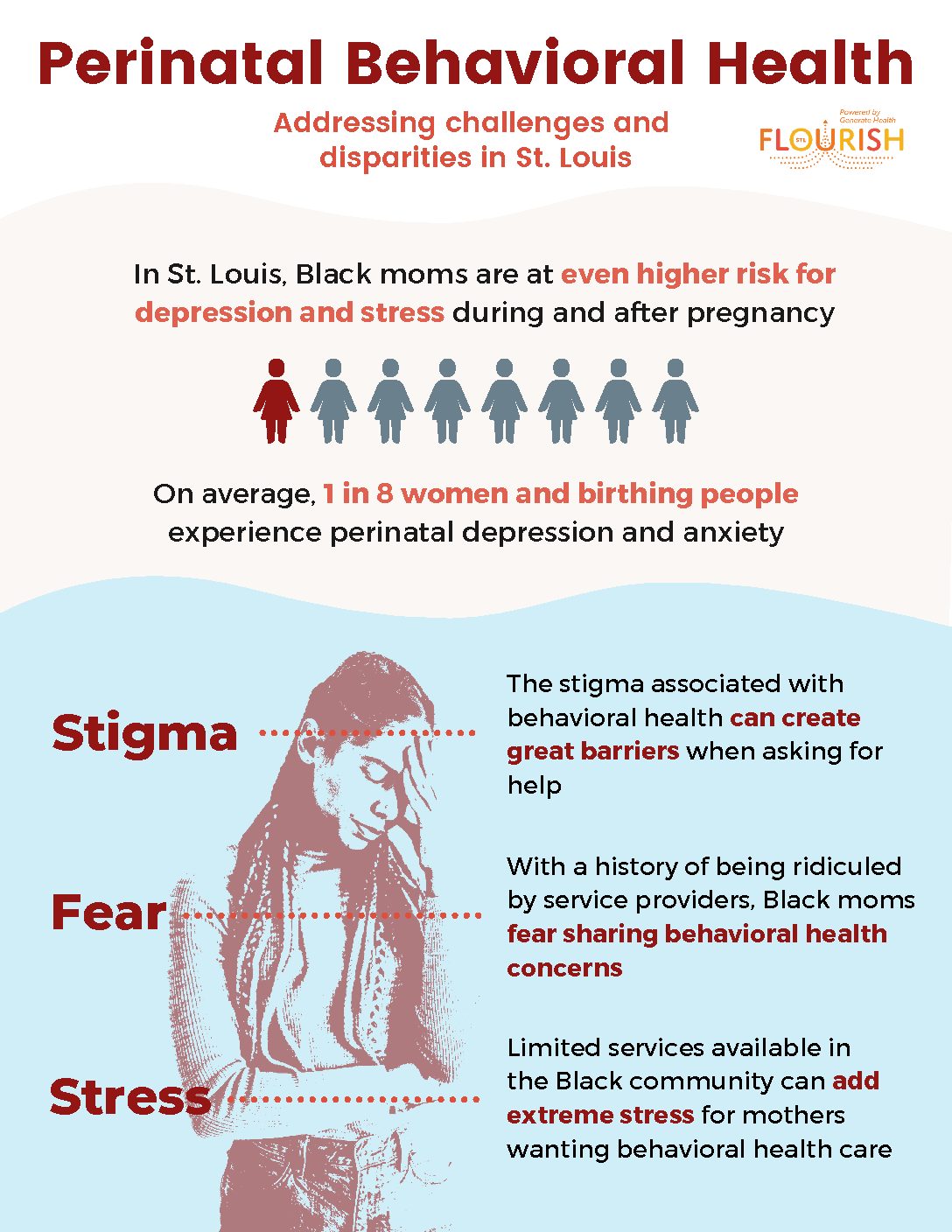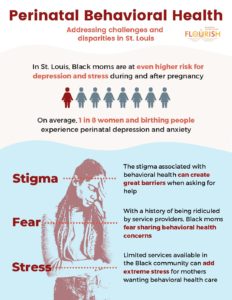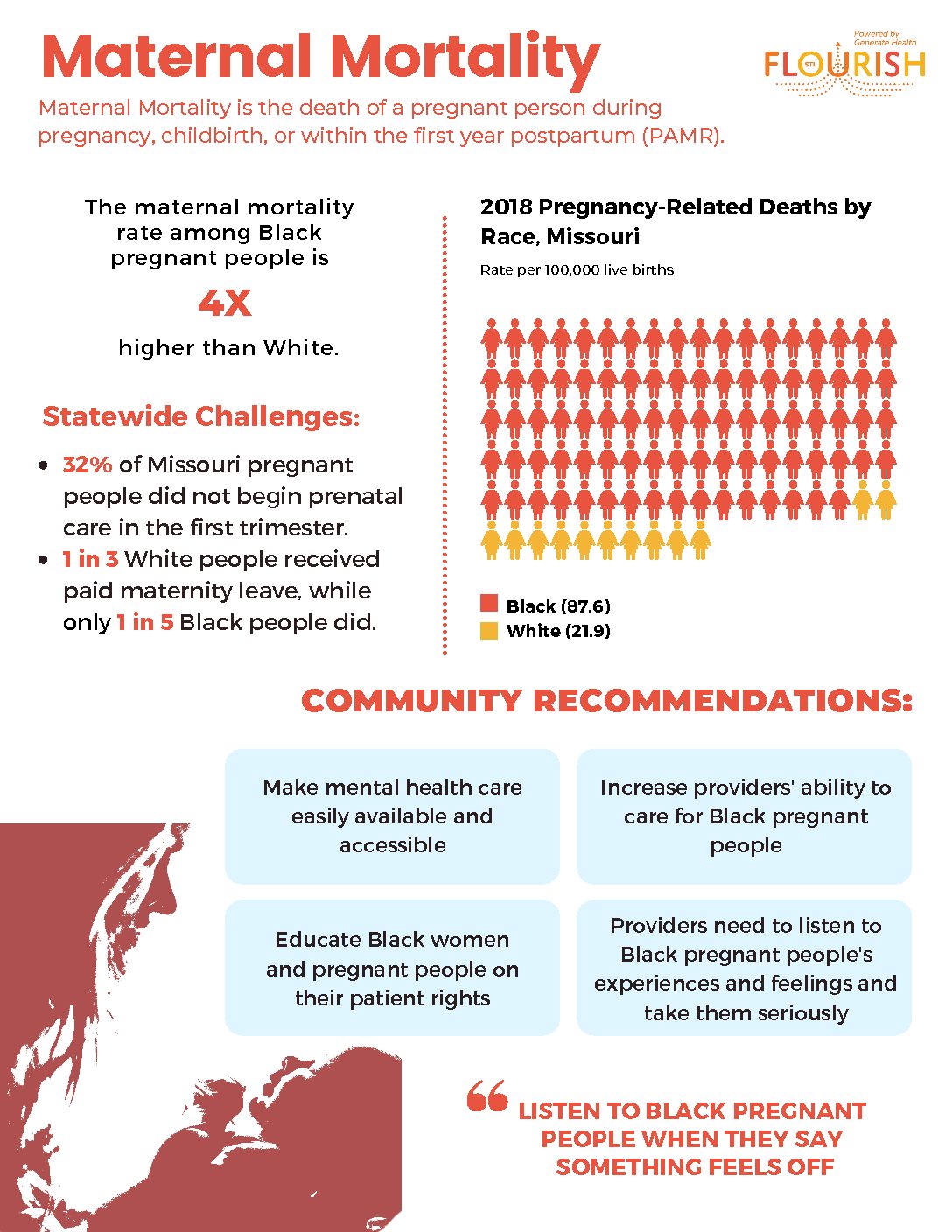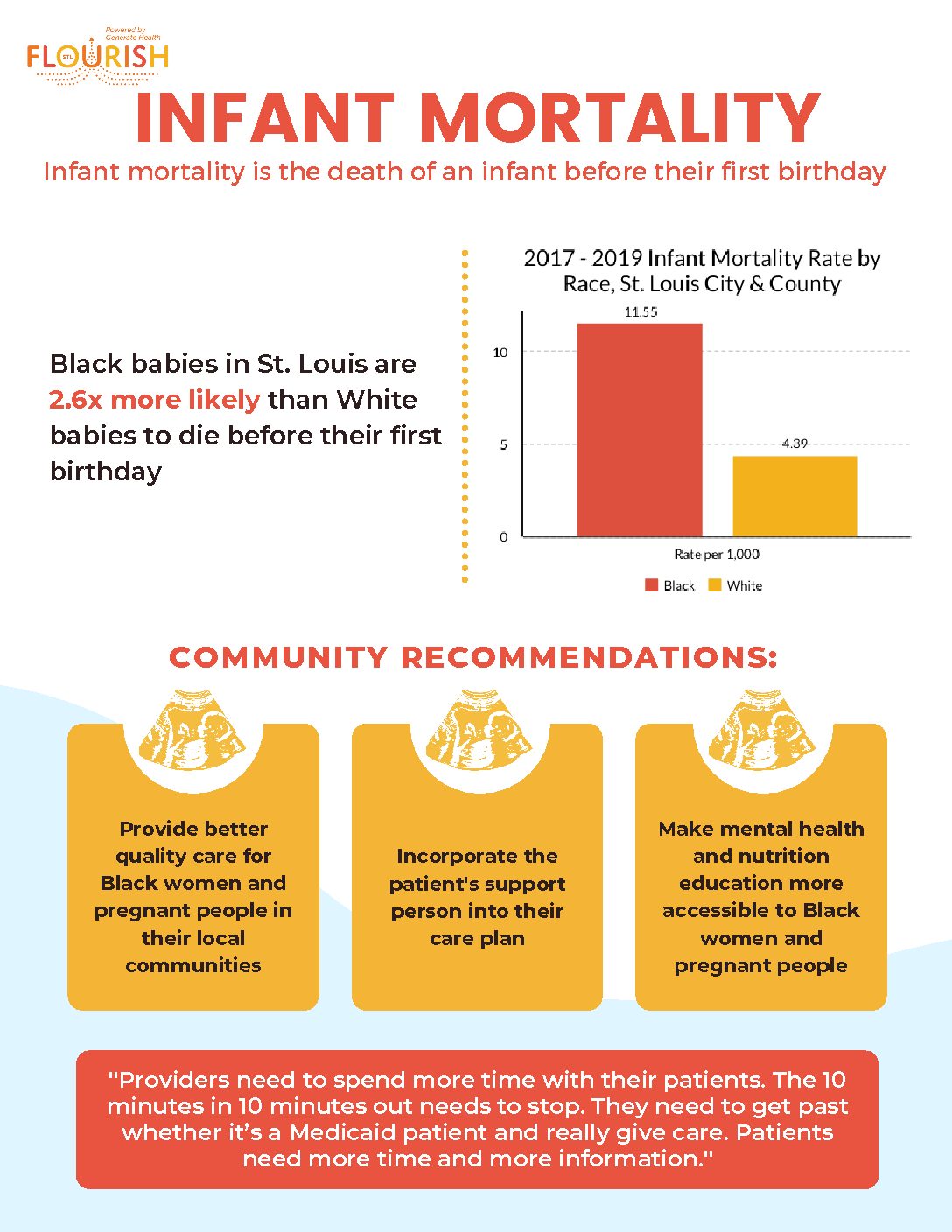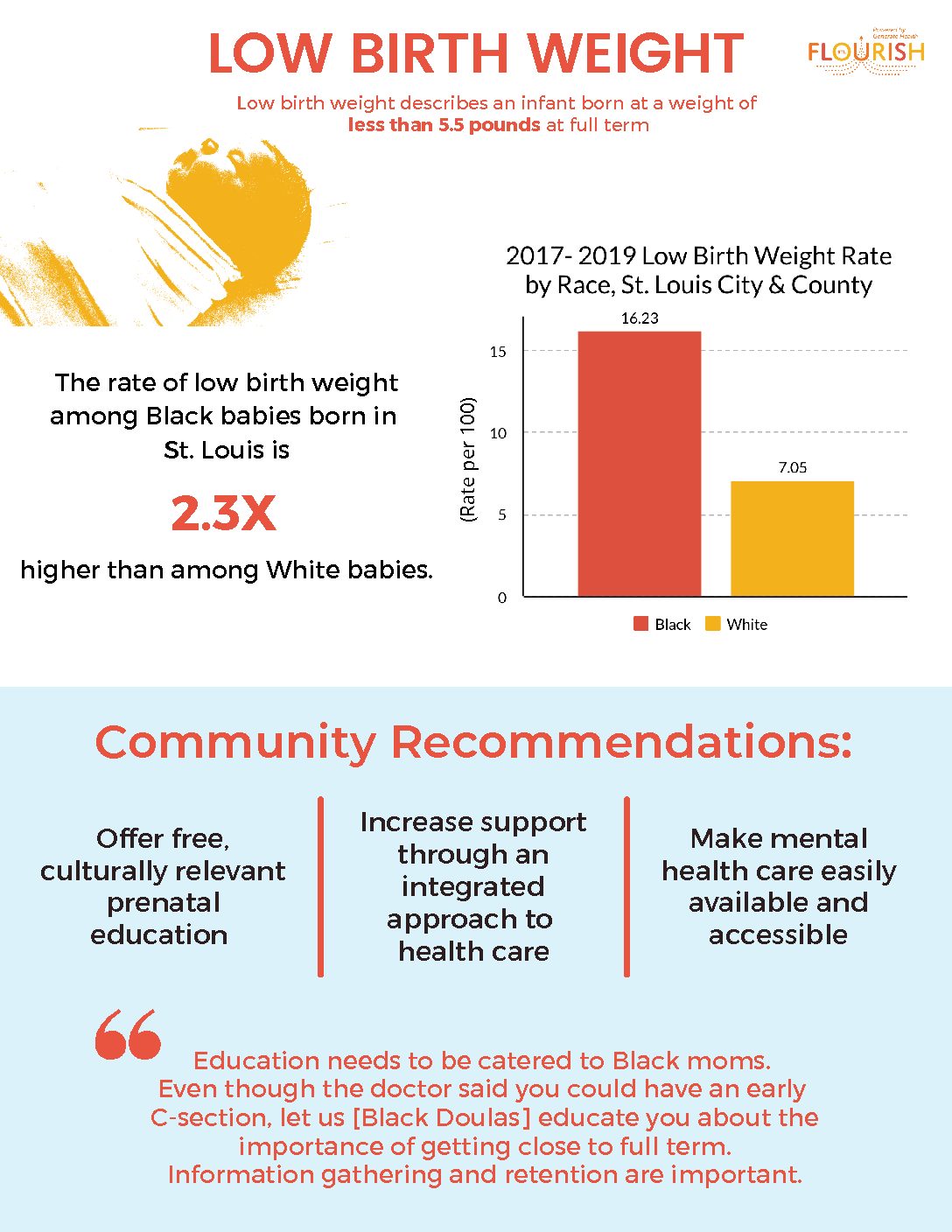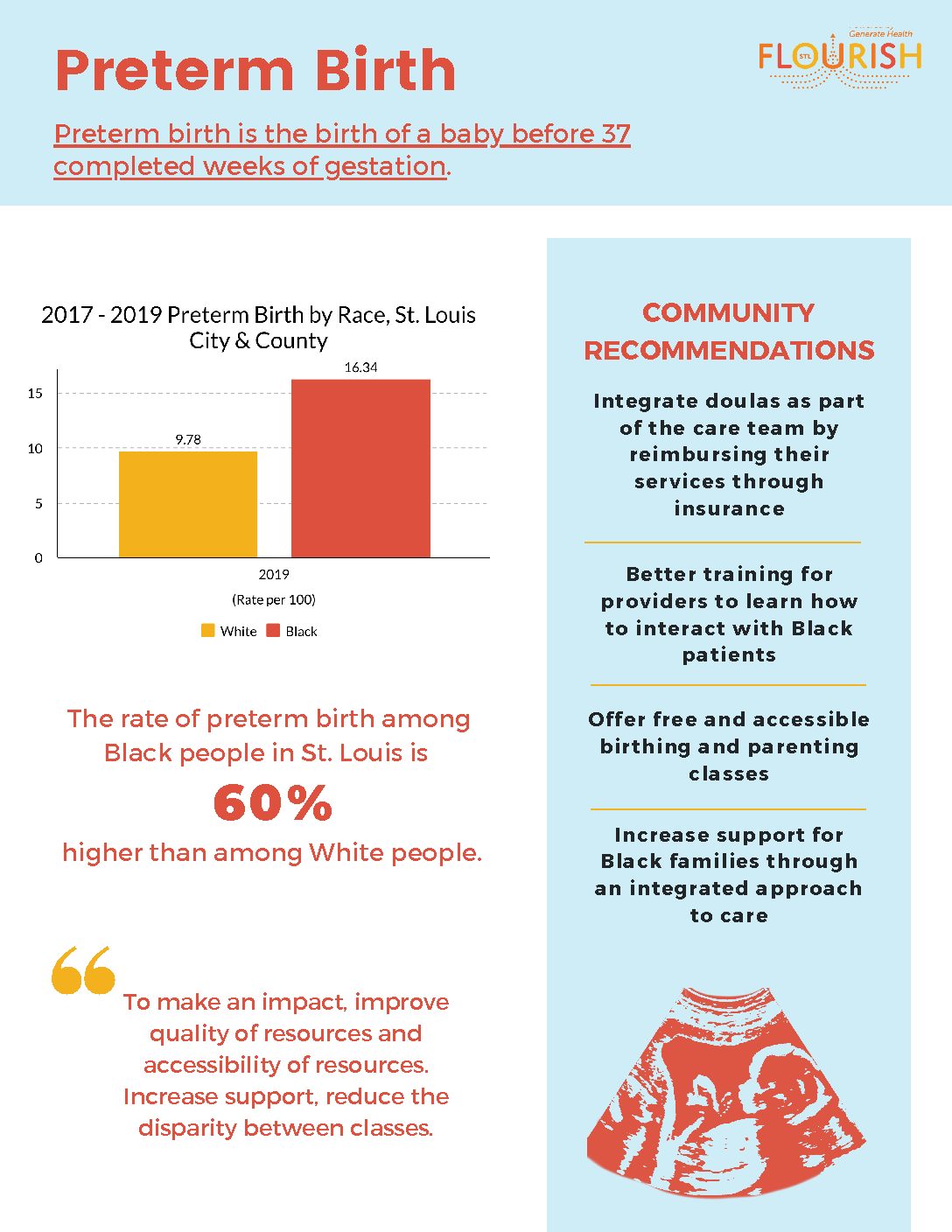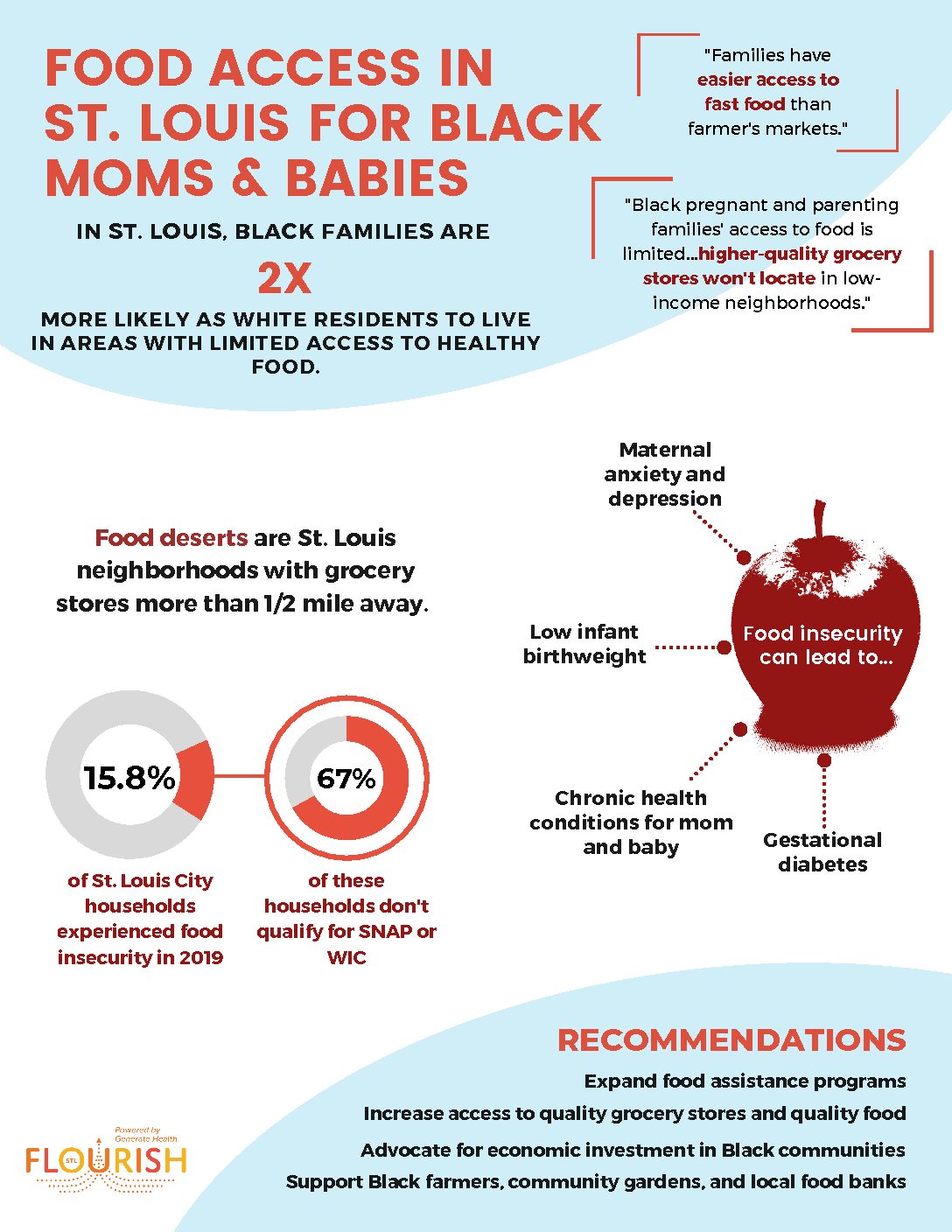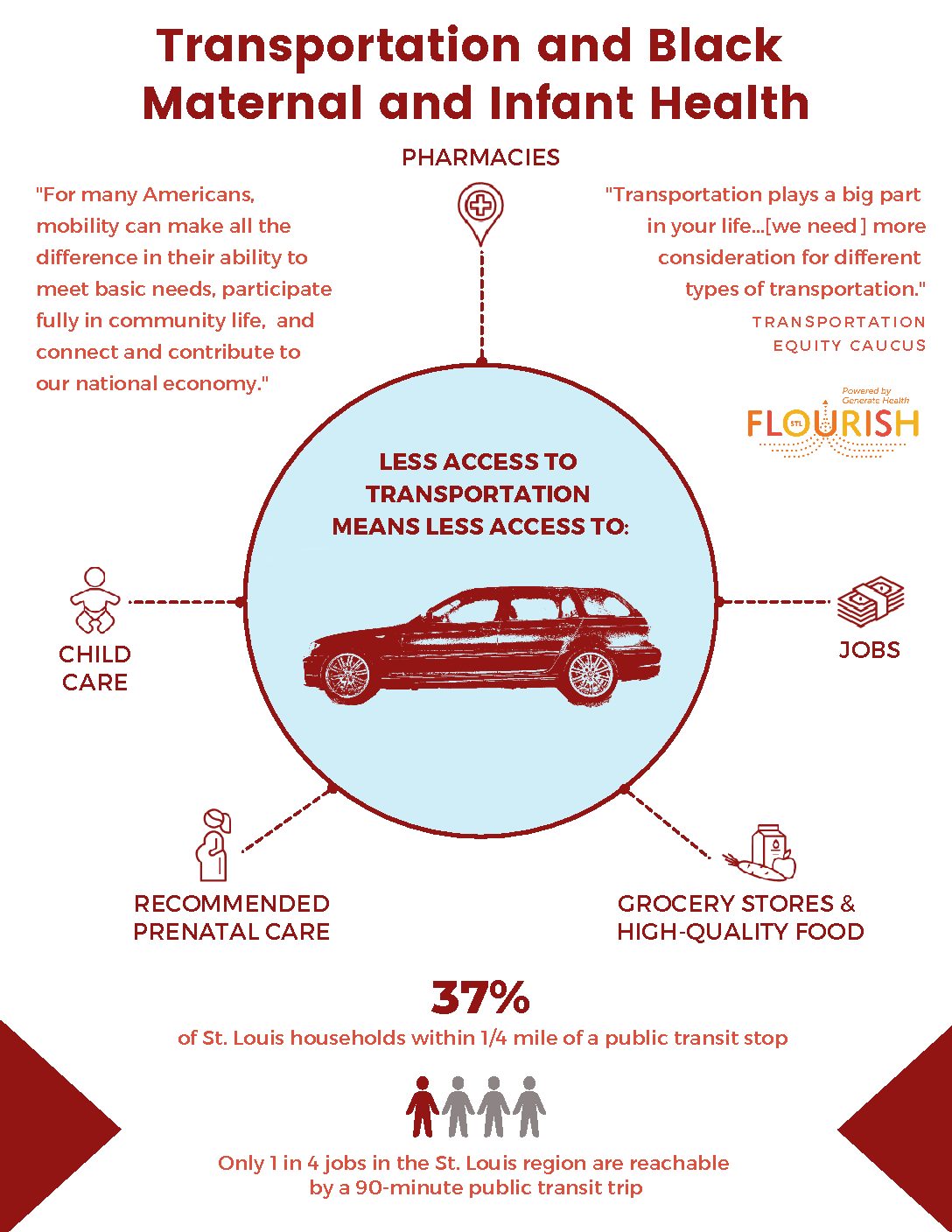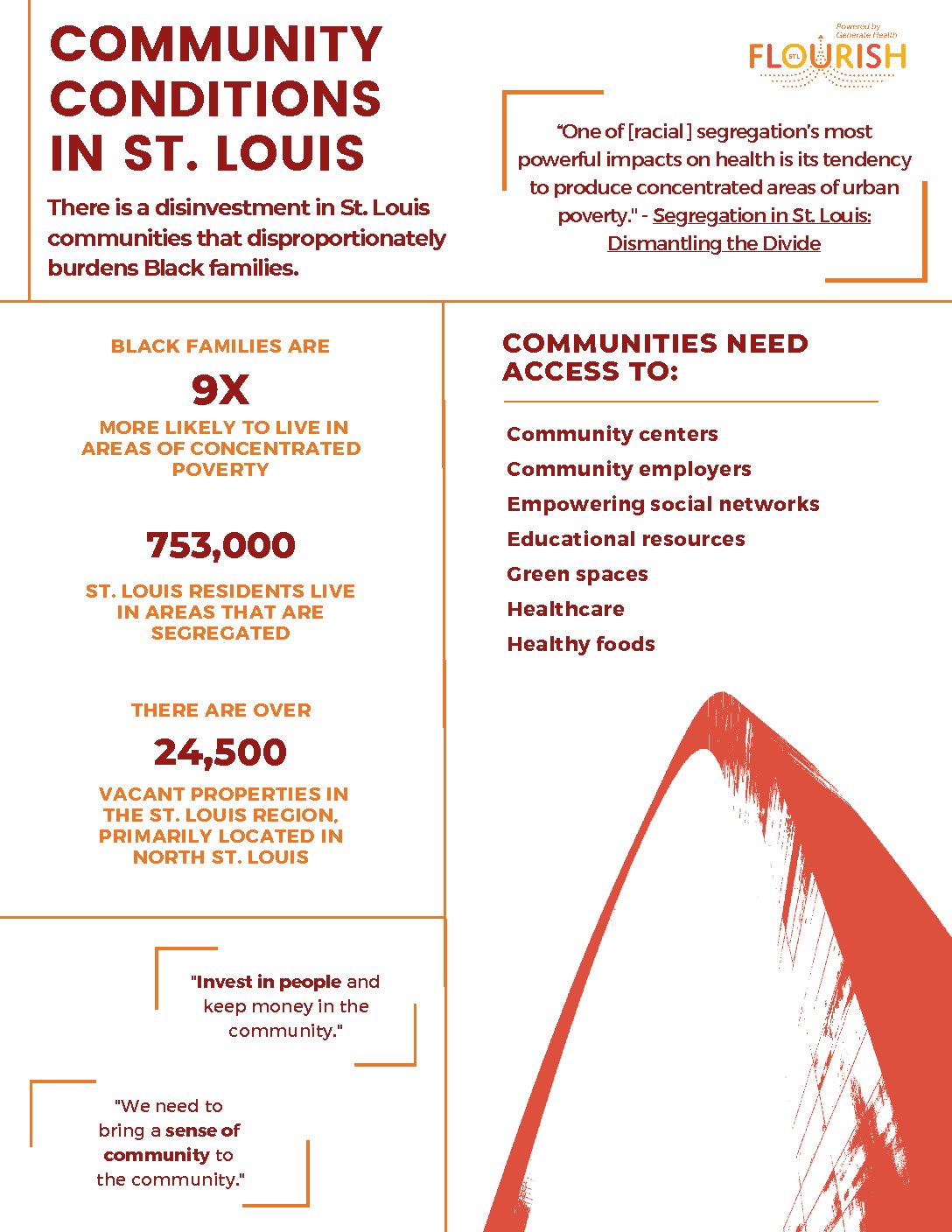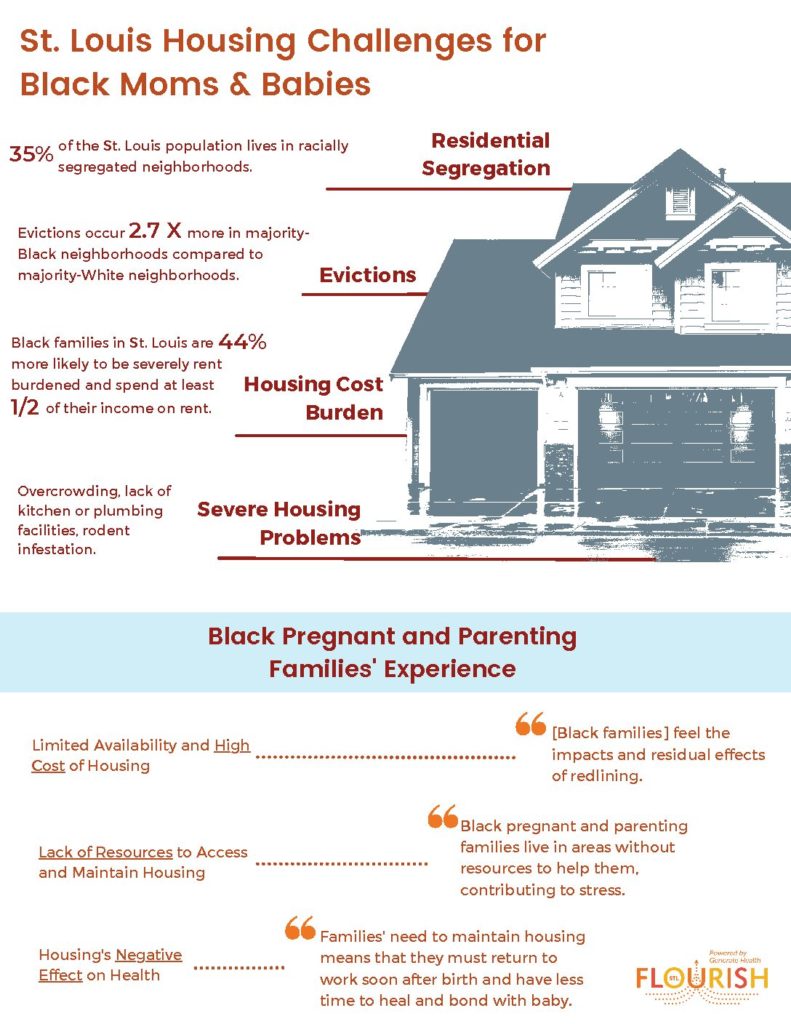Since 2017, FLOURISH has been partnering with several St. Louis organizations to address transportation barriers to health care for pregnant women and new parents. This is part of our work with the BUILD Health Challenge, a national initiative that puts multi-sector partnerships at the foundation of improving community health. We were recently asked to share key learnings about our work with the transportation sector in The Practical Playbook II.
The Practical Playbook II: Building Multisector Partnerships That Work, a resource from the CDC, de Beaumont Foundation and Duke Family Medicine & Community Health, provides guidance for communities who want to collaborate for change in and around health. FLOURISH partnered with a local transportation expert, Shawn Leight, to co-write a chapter in the playbook titled, “Partnering with Transportation Sector Actors and Advocates to Improve Health Outcomes.” This chapter provides insights for other regions that want to engage transportation decision makers in health equity work, based on evidence-based best practices and what has been successful so far in St. Louis.
“We’ve learned a lot over the past few years about how the transportation sector can influence health, and are happy to share what we’ve learned with others who may want to tackle transportation as a social determinant of health,” said Teresa Wilke, strategic consultant for FLOURISH and co-author of the chapter. “Transportation plays a critical role in a person’s capacity to thrive and connect, and cross-sector partnerships made possible by FLOURISH St. Louis are paving the way for families to experience better health care access.”
This chapter also walks through the steps communities should take prior to engaging transportation organizations in their work, including gathering and analyzing data, and identifying who has influence over transportation decisions based on the project scope. It also includes examples of how FLOURISH, through its work with BUILD, embarked on this process by cross-walking health and transportation data, hosting community listening sessions and developing relationships with public transit and non-emergency medical transportation providers.
“Our work with BUILD has set up the St. Louis region to better align around health transportation issues,” said Leah Moser, director of planning and partnerships with Generate Health, FLOURISH’s backbone organization. “Over the next year, we’re excited to continue this work by holding additional listening sessions with parents, community health workers, and non-emergency medical transportation providers to understand where things are improving, what barriers still exist, and how to create a feedback mechanism to address priorities. Additionally, we are exploring the role mobility managers could play in better coordination of non-emergency medical transportation, as well as engaging the community to participate in regional transportation planning efforts.”
Read more about how St. Louis is partnering with the transportation sector to improve health outcomes in this chapter of The Practical Playbook II.

